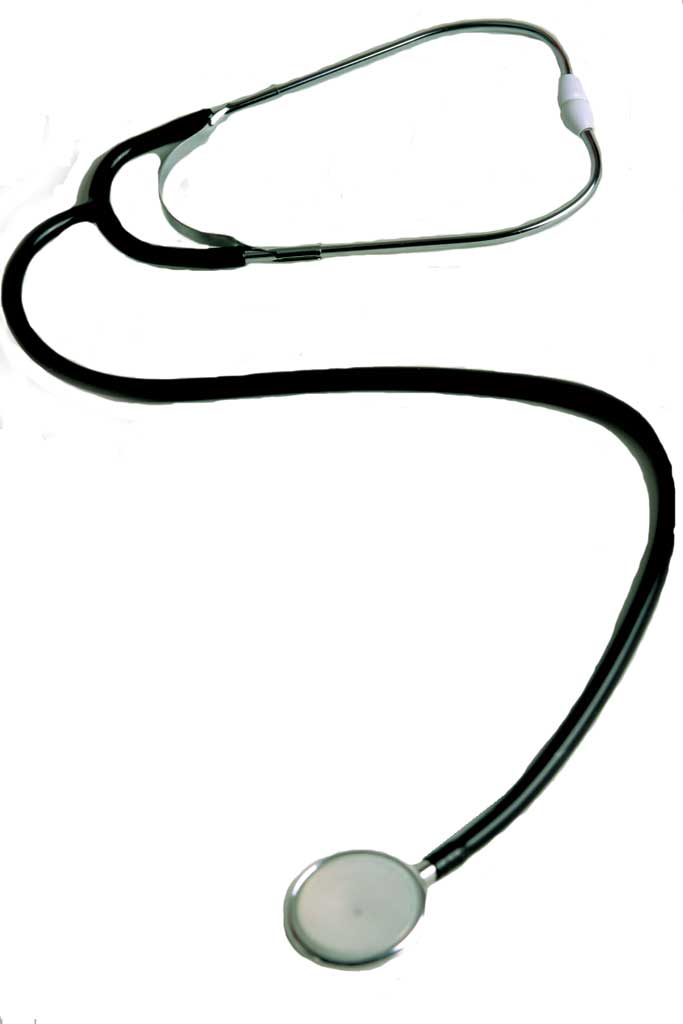By Tomer Davidov, MD
If heartburn keeps you up at night or strikes a few hours after a rich meal, the problem may not be acid reflux.
It may actually be gallstones.
Gallstones affect an estimated 10-15% of the U.S. population, according to the National Institutes of Health (NIH), and can lay dormant for years before they start causing symptoms.
If you are concerned about heartburn-like pain, see your doctor for a diagnosis. Once identified, gallstones are easily treated, typically with a combination of diet and lifestyle changes and, if necessary, with minimally invasive, laparoscopic surgery.
Women at Greater Risk
Gallstones develop when hardened deposits of bile form in your gallbladder, a small, pear-shaped organ in your upper right abdomen. Bile is a fluid produced by your liver to aid in digestion.
You can have one gallstone or many, and they can range in size from as small as a grain of sand to as large as a golf ball.
Gallstones tend to run in families and occur more often in women than in men, according to the NIH. The risk for gallstones also increases with age and is greater in people who are overweight, eat a diet high in fat, or were recently pregnant.
Pain Similar to Heartburn
Gallstones don’t always cause symptoms, but when they do, the pain is often confused with acid reflux or heartburn because the sensations are similar.
Gallstones can cause discomfort that is mild and lasts for several minutes or pain that is more intense and lasts for several hours.
In cases where a stone gets lodged in the bile duct and causes a blockage, you can experience intense upper abdominal pain, sometimes with yellowing of the eyes.
Signs that you might be having a gallbladder attack, include:
• Sudden, intensifying pain in the upper right abdomen or in the center abdomen just below the breastbone.
• Pain in the back between the shoulder blades or in the right shoulder.
• Nausea, vomiting, or a bloated sensation.
• Symptoms that worsen after eating fatty or fried foods, often intensifying at night.
• No improvement with antacid medications.
• Yellowing of the eyes and skin.
If you experience any of these symptoms, seek prompt medical attention. Once you have a severe gallbladder attack, you are more likely to have others.
Moreover, gallstones can cause complications including:
• Inflammation or infection of the gallbladder.
• Obstruction of the bile ducts and a dangerous infection in the liver.
• Gallstone pancreatitis, which is inflammation of the pancreas from a gallstone blockage, resulting in severe pain.
Surgery Often Recommended
Gallstones are typically diagnosed with an abdominal ultrasound, and in some cases can be managed by eating a low-fat, high-fiber diet and not skipping meals.
Unfortunately, however, there are no medicines that can make gallstones disappear.
In cases of frequent or severe gallbladder attacks, surgery to remove the gallbladder is usually recommended. After removal, the liver takes over the function of storing bile.
In most cases, surgery can be performed with a minimally invasive, laparoscopic procedure that takes about an hour under general anesthesia. Most people go home the same day and resume their normal activities within a week to 10 days.
Lower Your Risk
You can lower your risk for gallstones by eating a healthy diet and getting regular physical activity to help reach and maintain a healthy weight.
To help prevent gallstones, you should avoid unhealthy fats, such as those often found in fried foods and desserts, and eat:
• More high-fiber foods, such as fruits, vegetables, beans, and whole grains.
• Less sugar and fewer refined carbohydrates, such as foods with white flour.
• Healthy fats, like fish oil and olive oil, to help your gallbladder contract and empty itself on a regular basis.
If you’re unsure about whether your heartburn might actually be a gallbladder attack, visit your primary care physician. Also, be sure to seek medical evaluation if over-the-counter medications do not eliminate symptoms, if symptoms become more frequent, or if the discomfort intensifies.
To find a physician with Penn Medicine Princeton Health, call 888-742-7496 or visit www.princetonhcs.org
Tomer Davidov, MD, is board certified in general surgery and is a fellow of the American College of Surgeons. He is a member of the Medical Staff at Penn Medicine Princeton Health.

